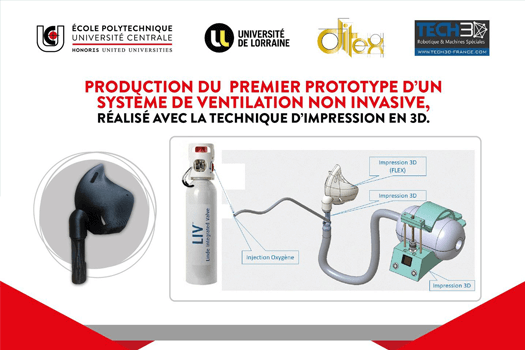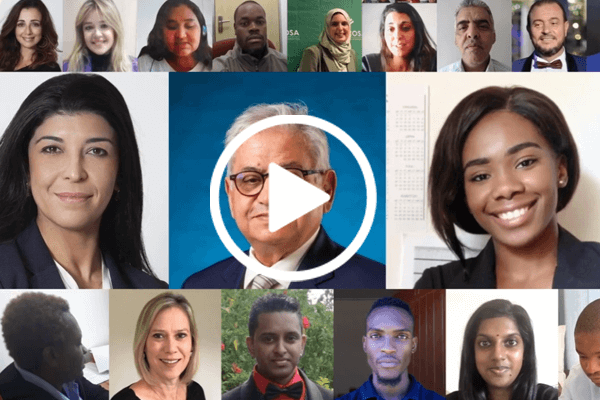The beginning of the COVID-19 pandemic in 2020 - which continues to plague the world today -inspired two primary mandates across the Honoris United Universities network: People Care and Continuation of studies.
Across the African continent, Honoris faculty, staff, students, and communities have brought these mandates to life by responding to the accelerating health crisis with care and with urgency.
Jonathan Louw, CEO of Honoris
“The ability for Honoris institutions to continue teaching almost without interruption throughout the crisis has enabled the network to mobilize some of its best and brightest brains in trying to find solutions to ensure care of our people and continuation of studies.”

AGILITY ENABLED BY DIGITALIZATION AND DIGITIZATION
The digital infrastructure for distance learning has always been a focus for Honoris’ institutions as it relates to their goal of widening access to education as far as possible.
When COVID-19 necessitated the closure of physical campuses across the continent, Honoris was able to swiftly reroute all 47,000+ students (number of students at that time) within the network to digital learning.
This transition constituted a significant advantage in most institutions. The successful digitization of the academic experience led to an improvement in student performance and student retention across the network.
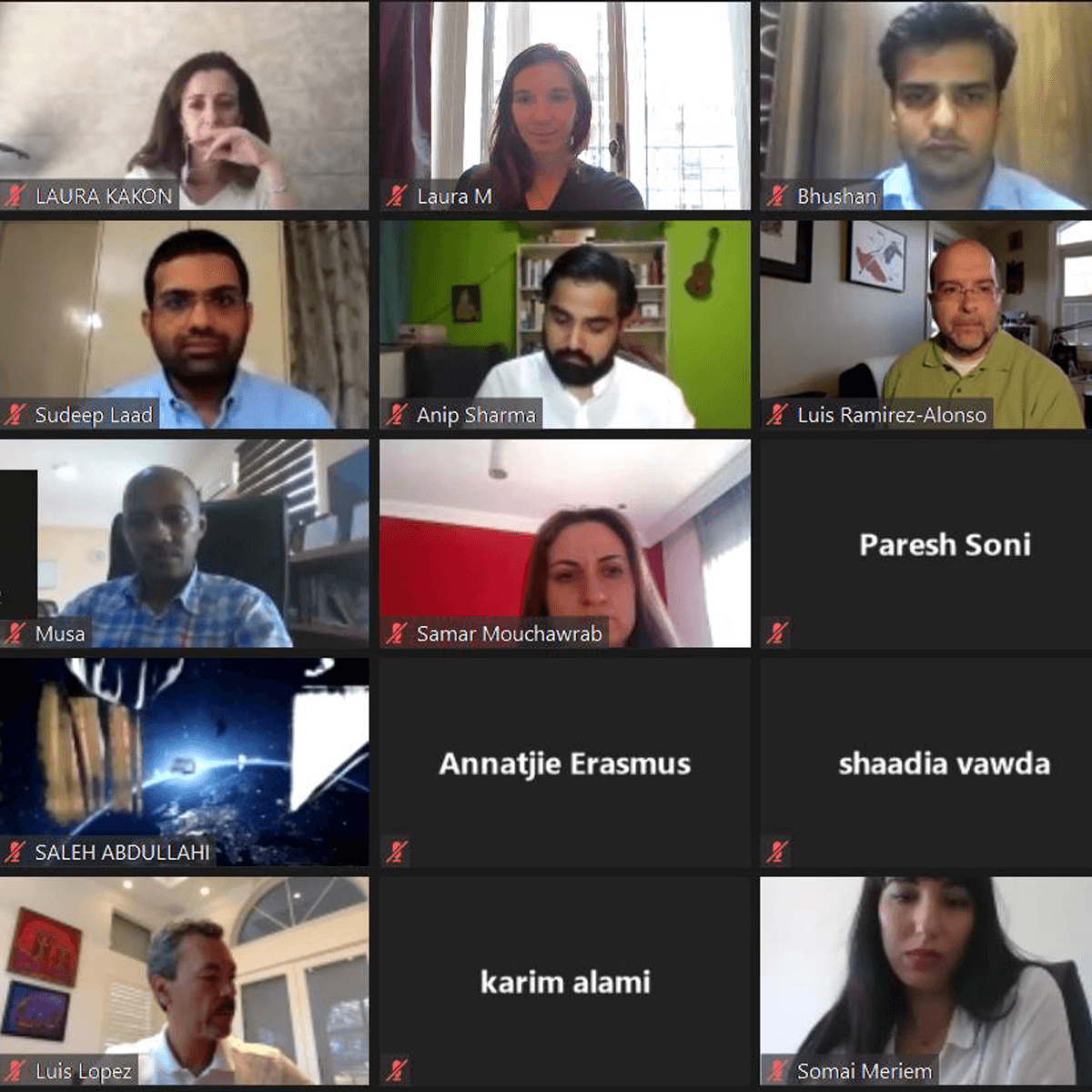
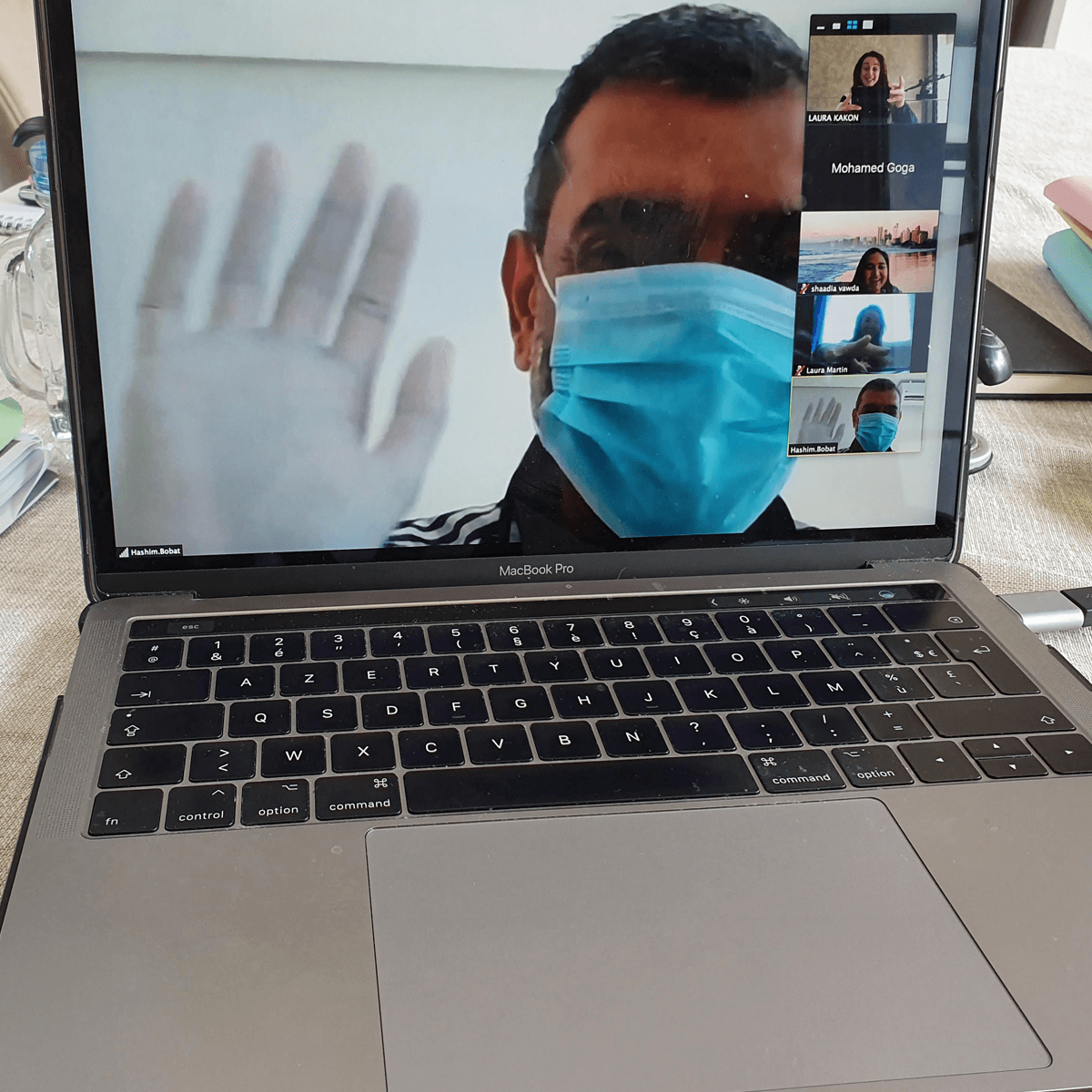
The inclusivity agenda for Honoris necessitated a digital transformation across the platform, and is being achieved through the provision of hybrid, on-site, and digital models which are widening access to education. As much as a global pandemic proved that formal education is not confined to physical parameters, it also highlighted the current digital divide which also encroaches on the issue of inclusivity. Furthermore, a critical pillar for economic development is building capacity across education institutes. In view of this, the economic challenges that Africa faces necessitate investment in higher education staff training, in order to keep up with the accelerated pace of digitalization and digitization in the work place.
Honoris remains committed to solving challenges such as these, so that more future leaders can be reached and experience greater economic freedom.
In terms of current capacity, all Honoris teams have demonstrated impressive resilience in switching to remote learning and working, continuously adapting to the national directives and implementing safety protocols. Today, all 14 institutions switch between modes of instruction with high agility and fluidity.
Unity in intention and action, especially in turbulent times, will lead to the best possible outcome.

Key highlights and achievements across the Honoris network include:
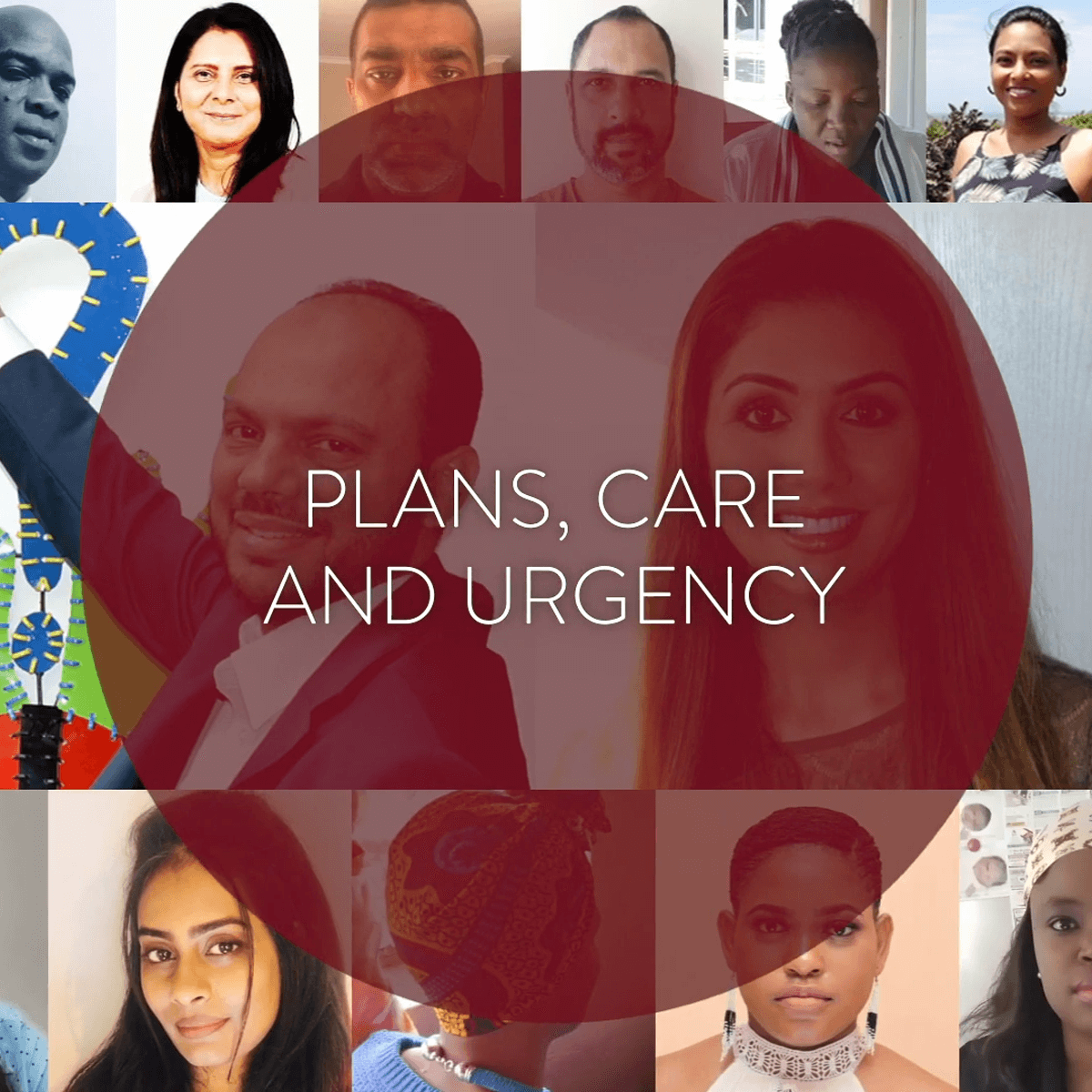
MAKING AN IMPACT THROUGH INNOVATIVE SOLUTIONS
Through continuous engagement and innovation, the Honoris institutions provided support to students, staff, and communities across the network’s reach. Each institution upheld the mandates of people care and continuation of studies, and also undertook solidarity initiatives in order to ease the strain of the pandemic. Honoris proudly presents its institutions’ efforts in these areas.
PEOPLE CARE AND CONTINUATION OF STUDIES
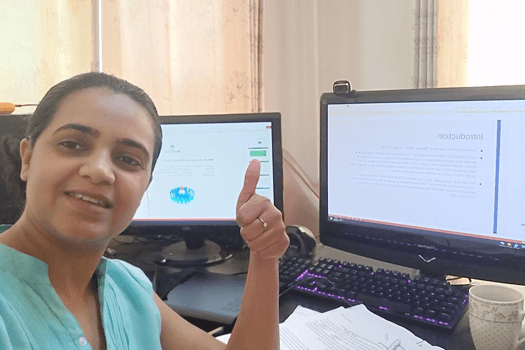
 MAURITIUS: EDUCATIONAL NETWORK
MAURITIUS: EDUCATIONAL NETWORK
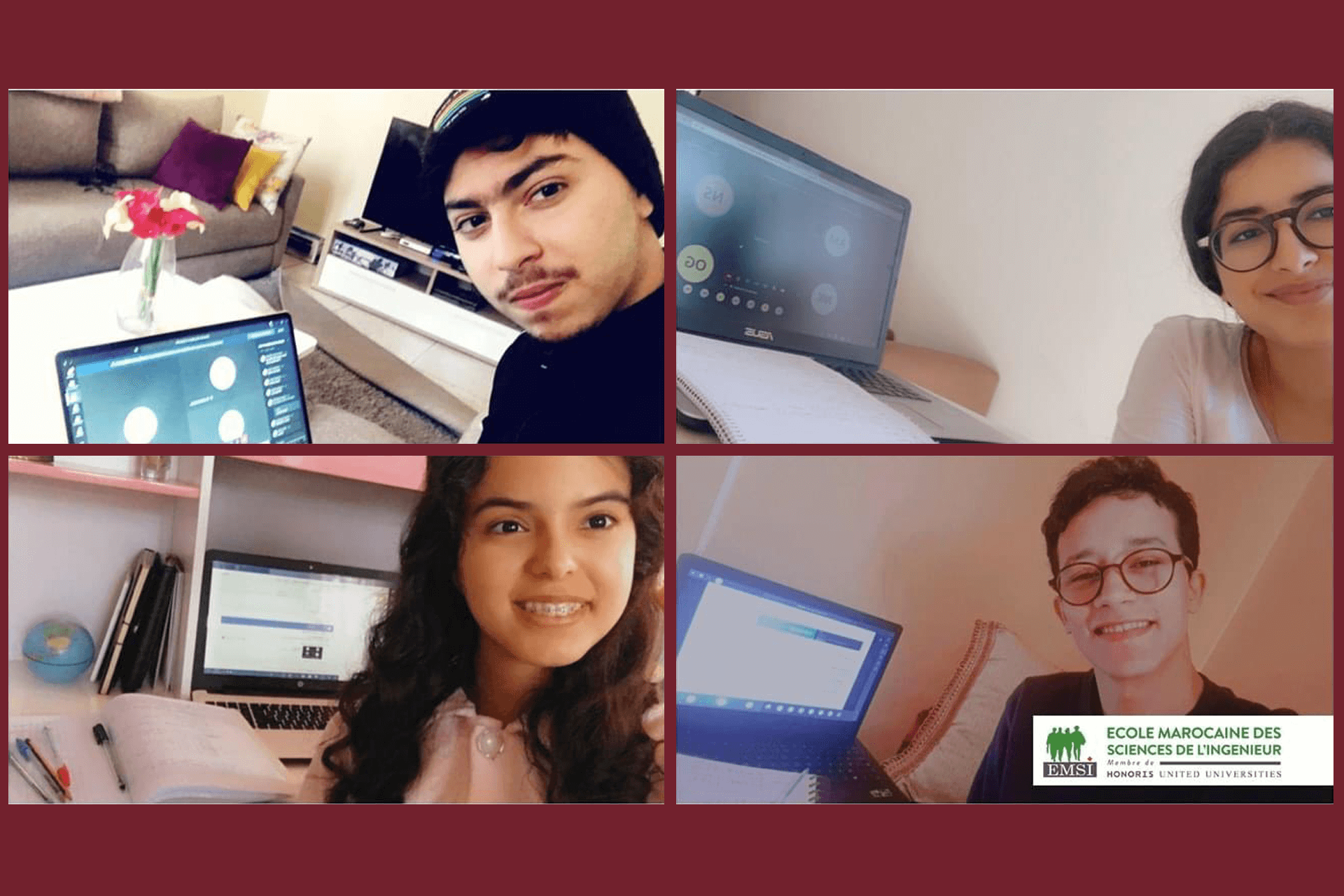
 MOROCCO: EAC, EMSI AND MUNDIAPOLIS
MOROCCO: EAC, EMSI AND MUNDIAPOLIS
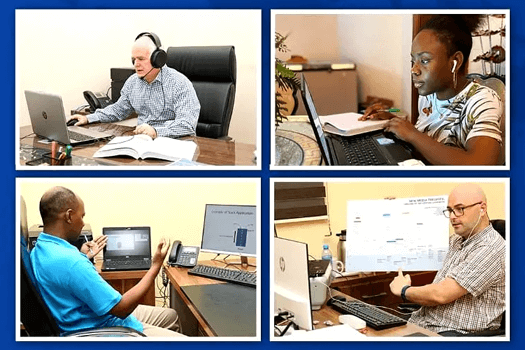
 NIGERIA: NILE UNIVERSITY
NIGERIA: NILE UNIVERSITY
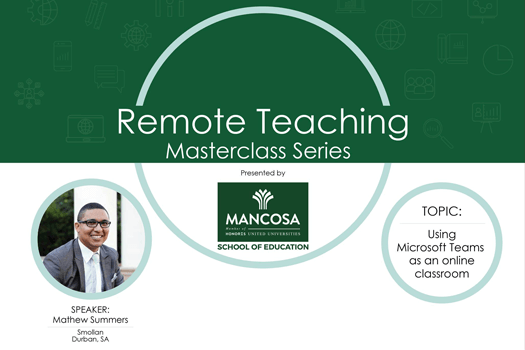
 SOUTH AFRICA: MANCOSA
SOUTH AFRICA: MANCOSA
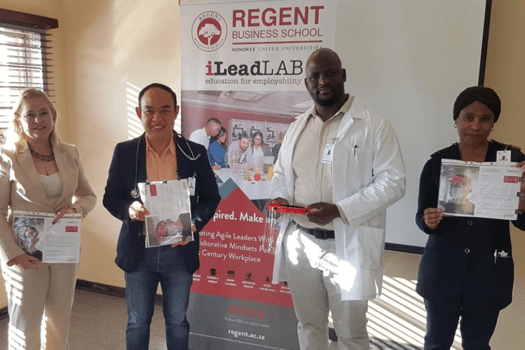
 SOUTH AFRICA: REGENT BUSINESS SCHOOL
SOUTH AFRICA: REGENT BUSINESS SCHOOL

 TUNISIA: UNIVERSITÉ CENTRALE
TUNISIA: UNIVERSITÉ CENTRALE
SOLIDARITY INITIATIVES
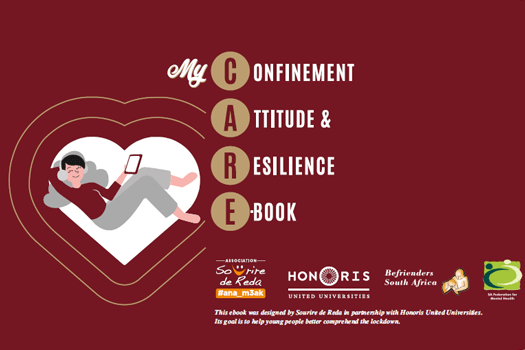
 MOROCCO: EAC, EMSI AND MUNDIAPOLIS
MOROCCO: EAC, EMSI AND MUNDIAPOLIS
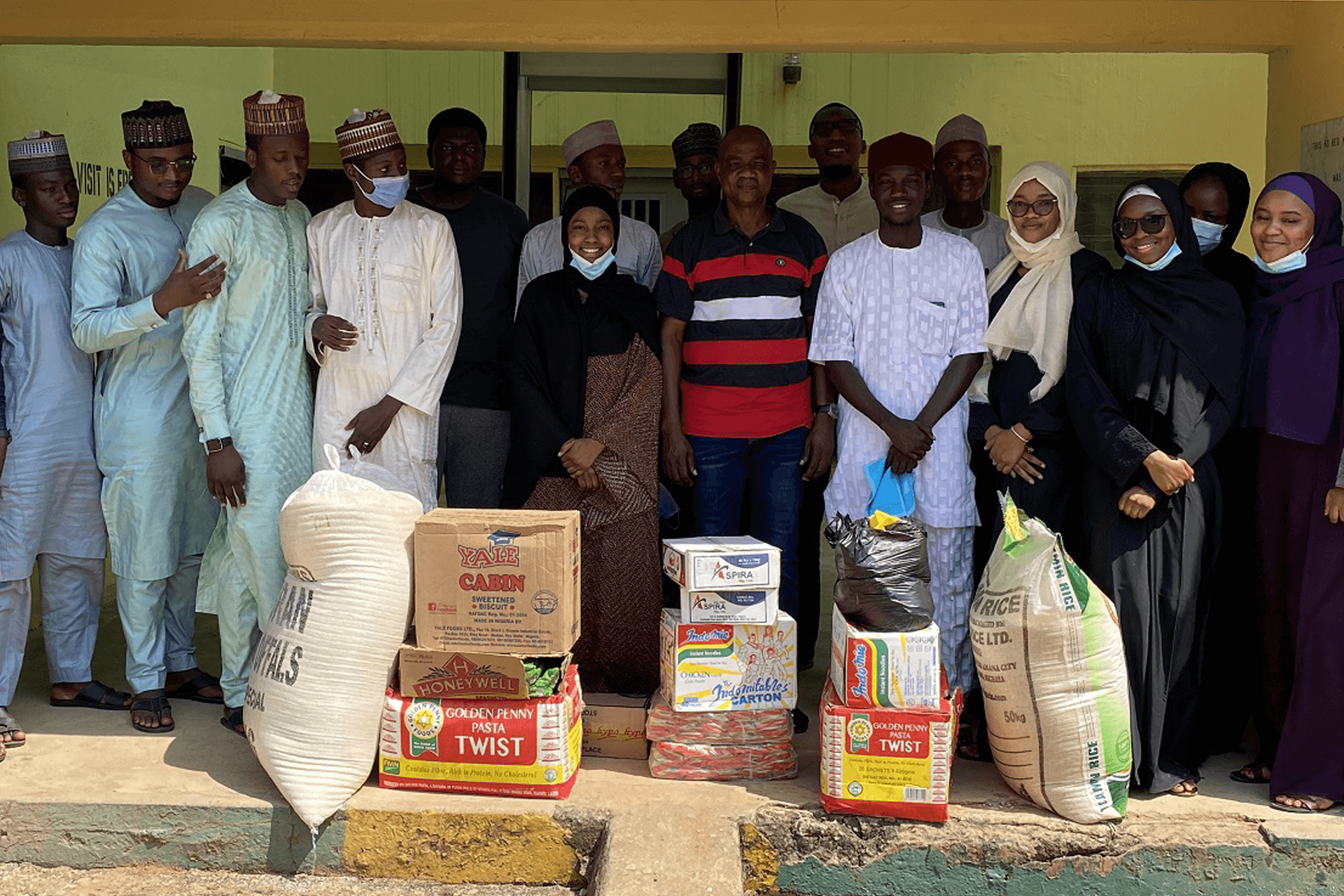
 NIGERIA: NILE UNIVERSITY
NIGERIA: NILE UNIVERSITY
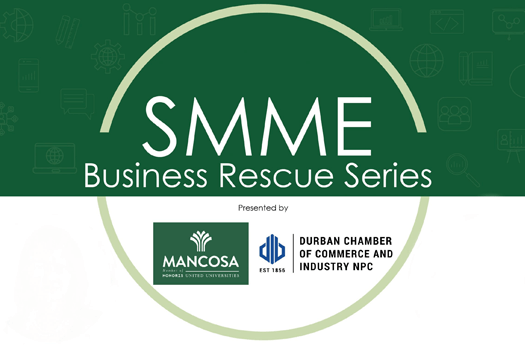
 SOUTH AFRICA: MANCOSA
SOUTH AFRICA: MANCOSA
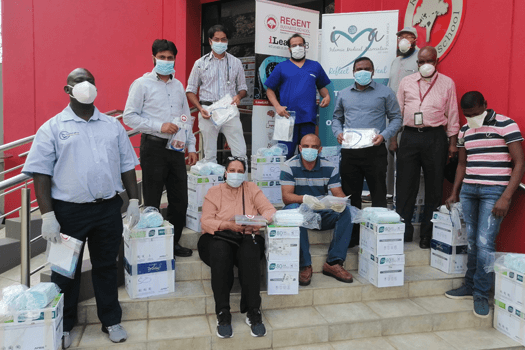
 SOUTH AFRICA: REGENT BUSINESS SCHOOL
SOUTH AFRICA: REGENT BUSINESS SCHOOL
